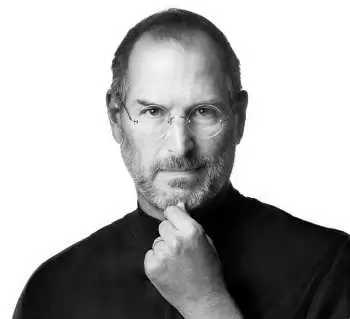How Steve Jobs changed the world
06-October-2011
Vol 2 | Issue 39
Apple's visionary co-founder Steve Jobs put his own stamp on everything from the personal computer to the music industry in myriad ways.
For Jobs, how a product looked, felt and responded trumped raw technical specifications.
 |
|
A game-changer: Steve Jobs thought out of the box always, which kept him one step ahead of competition all the time (Photo courtesy: Apple)
|
While PC makers chased after faster processor speeds, Jobs pursued clever, minimalist design, noted Fortune magazine listing the ways he changed the world.
Apple's titanium-turned-aluminium notebooks have become bestsellers. The most recent MacBook Air models have been held up as examples of the ideal intersection of design, price and performance.
Launched in 2003, iTunes has become the largest online music retailer in the world, with over 200 million registered users who have downloaded 15 billion songs. The fall 2011 launch of a cloud-based iTunes service should only further cement that standing.
Much has happened since Apple II, a mass-produced 8-bit computer encased in plastic that became one of the most successful PCs of the 1980s and revolutionised the way people work.
But despite the rise of Windows-based computers, Mac sales continue to climb. In fact, Mac sales for the September 2011 quarter are expected to come in between 4.4 million and 4.6 million, a new record.
In the "post-PC" era, tablet-laptop hybrid iPad has sold nearly 14.7 million units in 2010, and just last quarter, sales exploded 183 percent, proving that many people want a sizable yet portable device they can take anywhere.
Apple operating systems were always intended to be simpler than the competition -- MS-DOS, Windows or Linux -- and that approach is readily apparent, whether it's Mac OS System 7 or Mac OSX, software largely derived from Jobs' work at NeXT.
Ultimately, Jobs' biggest contribution isn't just a smartphone, a tablet or an operating system, but Apple itself, a 12,000-strong organization that was once on the brink of irrelevance, Fortune said.
Since his return to the company in 1997, Jobs has rebuilt it into the most valuable technology company in the world, surpassing other heavyweights like Microsoft or HP. It may indeed be the greatest turnaround in business history, it said. - IANS














